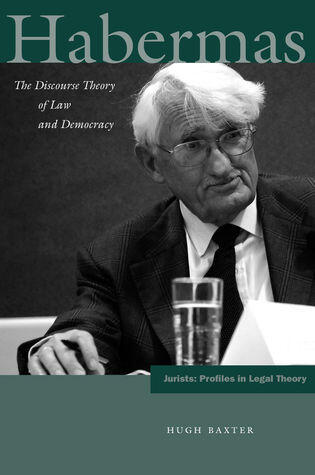
Habermas: The Discourse Theory of Law and Democracy
przez:
Hugh Baxter
Język: Angielski
Format: Twarda okładka
ISBN 10: 0804769125
ISBN 13: 9780804769129
Data publikacji:
May 17th, 2011
Wydawca: Stanford Law Books
Strony: 352
Gatunki: Philosophy
Hugh Baxter delves into the intricate relationship between law and democracy as explored through the lens of Jürgen Habermas's discourse theory. By examining Habermas's philosophical insights, Baxter illuminates the vital role that communicative action plays in shaping legal frameworks and democratic practices. He posits that the legitimacy of law is deeply intertwined with the democratic process, emphasizing the necessity of open dialogue among citizens.
Baxter articulates how Habermas's theories advocate for a participatory approach to legal interpretation and application, urging a shift away from authoritarian models of governance. The author supports the notion that law should not only be a system of rules but a medium through which societal consensus is achieved. This perspective enriches the reader’s understanding of law’s function within a democratic society.
Ultimately, Baxter’s exploration invites readers to reconsider the foundations of legal theory by integrating discourse ethics into the conversation. Through this framework, he suggests that true justice is achieved not merely through judicial decisions but through ongoing discussions and consensus-building within the public sphere.
Baxter articulates how Habermas's theories advocate for a participatory approach to legal interpretation and application, urging a shift away from authoritarian models of governance. The author supports the notion that law should not only be a system of rules but a medium through which societal consensus is achieved. This perspective enriches the reader’s understanding of law’s function within a democratic society.
Ultimately, Baxter’s exploration invites readers to reconsider the foundations of legal theory by integrating discourse ethics into the conversation. Through this framework, he suggests that true justice is achieved not merely through judicial decisions but through ongoing discussions and consensus-building within the public sphere.